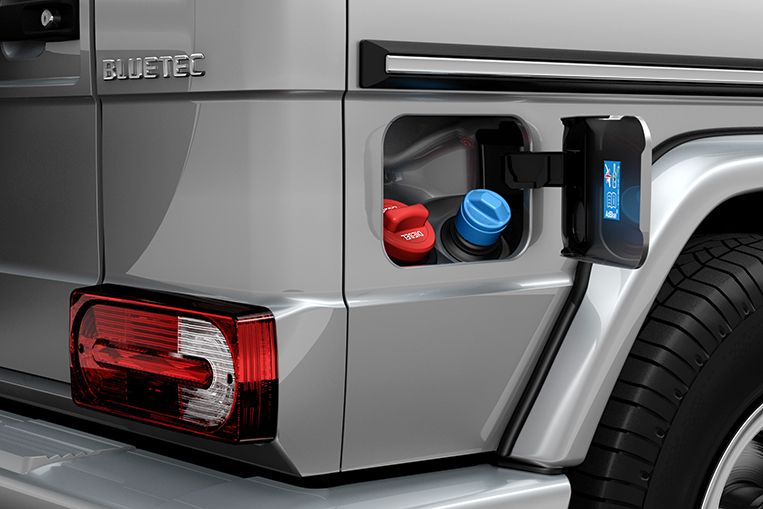
Back in 2017, the European Commission started initial inquiries into possible collusion among a number of German carmakers. The suspicion was that the firms—BMW, Daimler (Mercedes-Benz) and Volkswagen (VW, Audi and Porsche)—were up to no good when it came to the development of technology meant to clean the emissions of their cars. Based on initial findings, the European competition watchdog really started sniffing around in September 2018 and has now released an official statement of objections that could turn out to be very costly for the brands involved.
In the statement—which is available in its entirety here—Commissioner Margrethe Vestager, who is in charge of competition policy, firstly points out that companies are free to work together when the goal is to improve their products. They are not, however, allowed to collaborate when the desired end result is to make things worse, which is what the commission alleges BMW, Daimler and Volkswagen have done. In particular, the vehicle manufacturers are accused of colluding over the use of selective catalytic reduction systems and Otto particle filters (OPF), both features that affect the level and type of emissions a vehicle sends out into the environment.
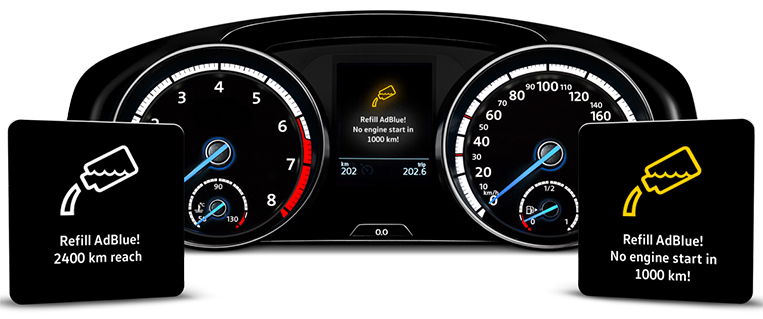
Selective catalytic reduction (SCR) systems are used in diesel cars and help to convert harmful nitrogen oxides into harmless diatomic nitrogen, water and a little bit of carbon dioxide, by spraying a catalyst such as urea into the exhaust stream of the vehicle. The most commonly used catalyst is called AdBlue, a clear, nontoxic solution that can be bought at many service stations and garages. Used correctly, SCR can help reduce unhealthy emissions of NOx by up to 90%, but the European Commission is now accusing the three firms of “coordinating their AdBlue dosing strategies, tank size and refill ranges between 2006 and 2014 with the common understanding that they thereby limited AdBlue consumption and exhaust gas-cleaning effectiveness.”
Companies are not allowed to collaborate when the desired end result is to make things worse, which is what the European Commission alleges BMW, Daimler and Volkswagen have done
Particulate filter systems for diesel automobiles have been around for a good while now, but OPF, on the other hand, appeared to have a much slower adoption rate. And if the allegations by the European Commission turn out to be true, then this was at least, in part, done deliberately. The EC is claiming that the three German car giants colluded to avoid or delay the introduction of OPF systems in their cars between 2009 and 2014, meaning they could have done so but deliberately chose not to.
The Commission’s preliminary view is that the car manufacturers’ behavior aimed at restricting competition on innovation for these two emission-cleaning systems, and in doing so, denied consumers the opportunity to buy less-polluting cars, despite the technology being available to the manufacturers.
You read that right: As unbelievable as it sounds, the European Commission is accusing some of the biggest automakers in the world of deliberately making their vehicles more harmful to the environment and to all living and breathing beings on the planet. The mere thought of this simply boggles the mind. Needless to say, the European Union competition watchdog isn’t exactly amused, and the actions of the above-mentioned manufacturers—if proven true—could cost them a fair penny. The fines could reach up to 10% of the brands’ annual worldwide sales, which could mean billions of euros. This investigation, by the way, is separate from previous ones still pending in courts. It seems the Germans still have some way to go to clean up their image (and their cars).

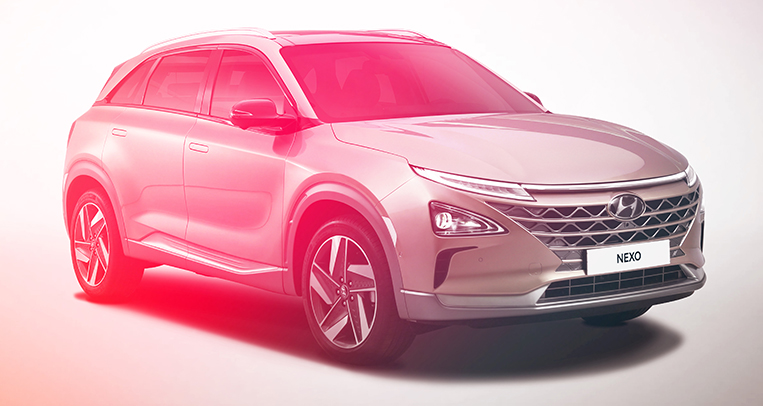
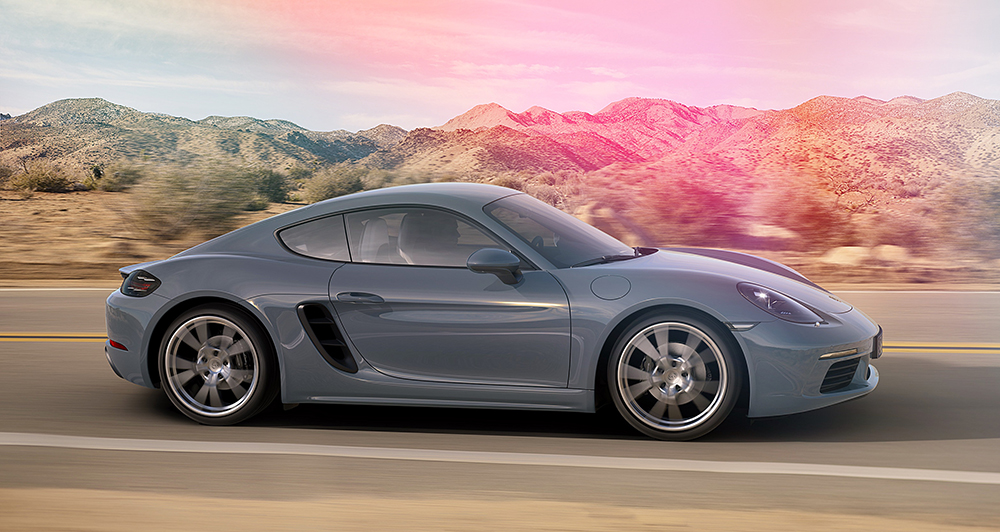
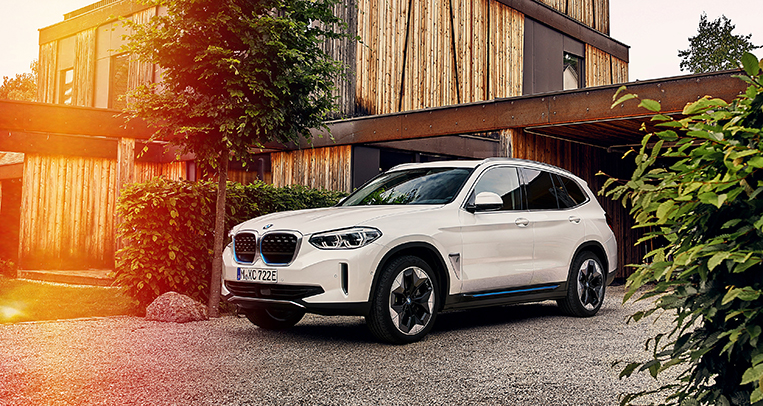
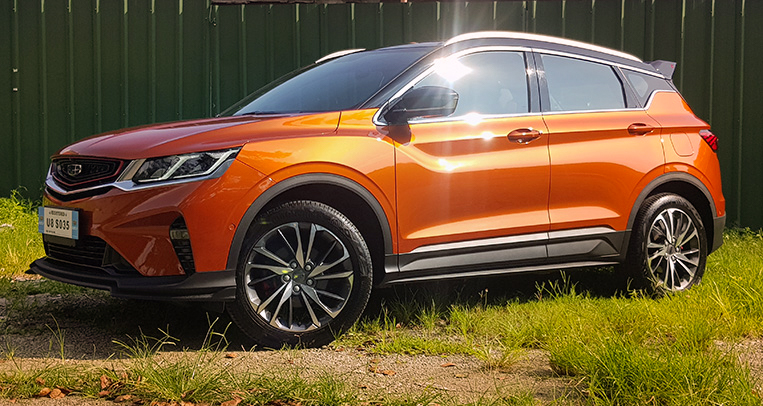

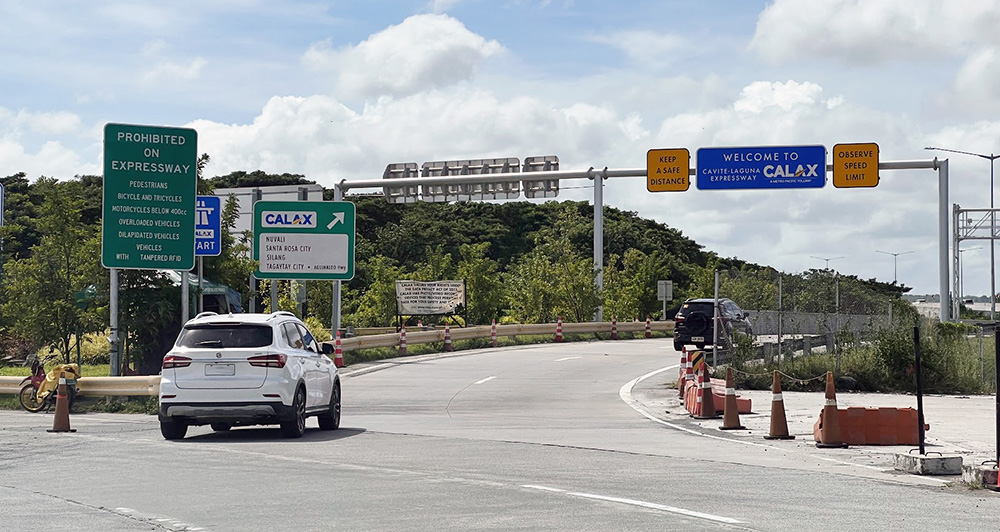

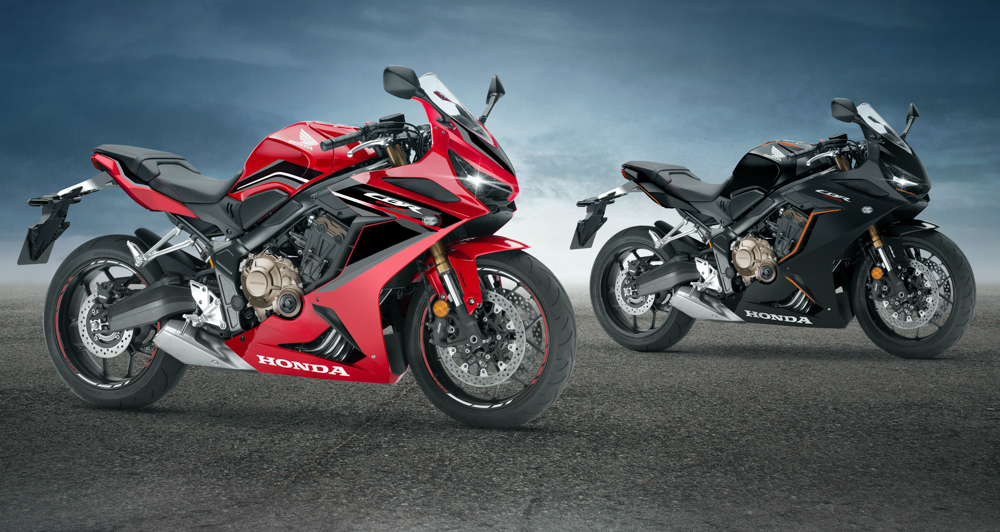
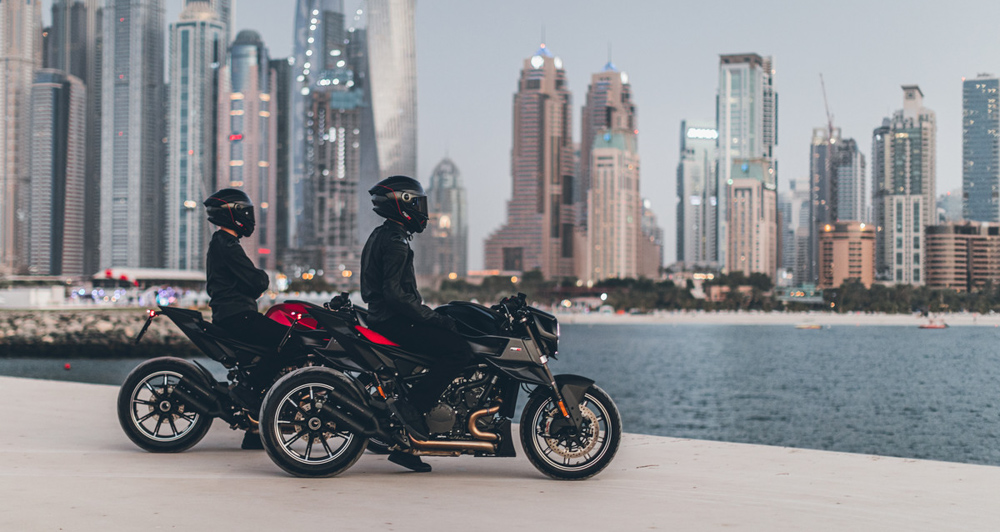
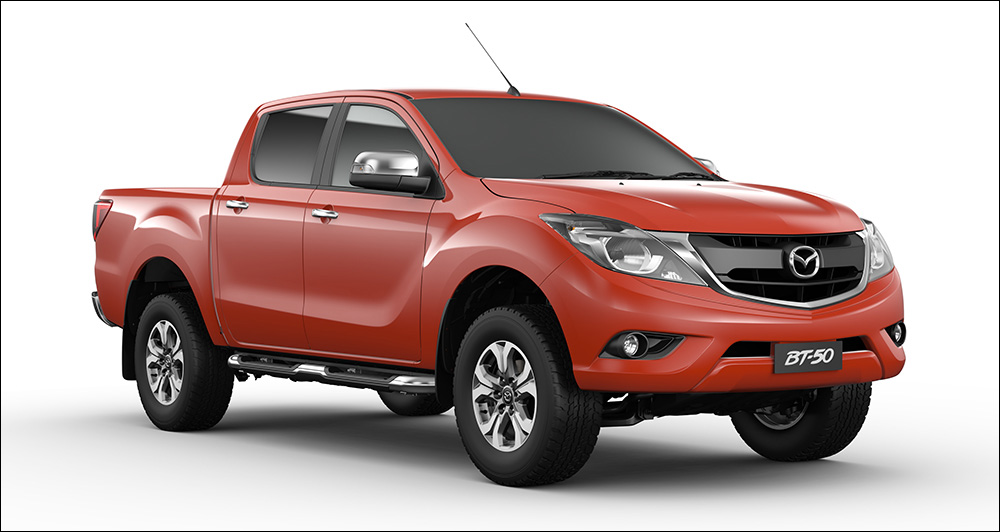
Comments